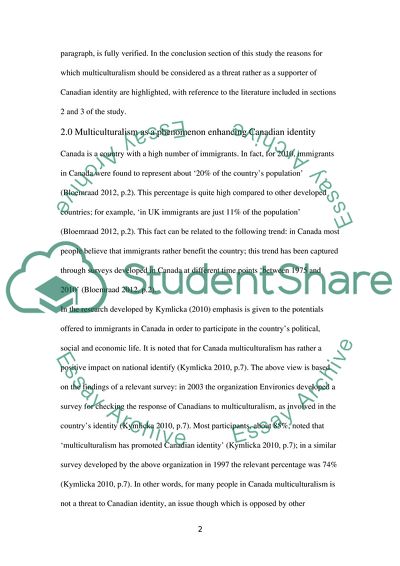Cite this document
(“Does multiculturalism strengthen or undermine the Canadian identity Essay”, n.d.)
Retrieved from https://studentshare.org/social-science/1648822-does-multiculturalism-strengthen-or-undermine-the-canadian-identity
Retrieved from https://studentshare.org/social-science/1648822-does-multiculturalism-strengthen-or-undermine-the-canadian-identity
(Does Multiculturalism Strengthen or Undermine the Canadian Identity Essay)
https://studentshare.org/social-science/1648822-does-multiculturalism-strengthen-or-undermine-the-canadian-identity.
https://studentshare.org/social-science/1648822-does-multiculturalism-strengthen-or-undermine-the-canadian-identity.
“Does Multiculturalism Strengthen or Undermine the Canadian Identity Essay”, n.d. https://studentshare.org/social-science/1648822-does-multiculturalism-strengthen-or-undermine-the-canadian-identity.


